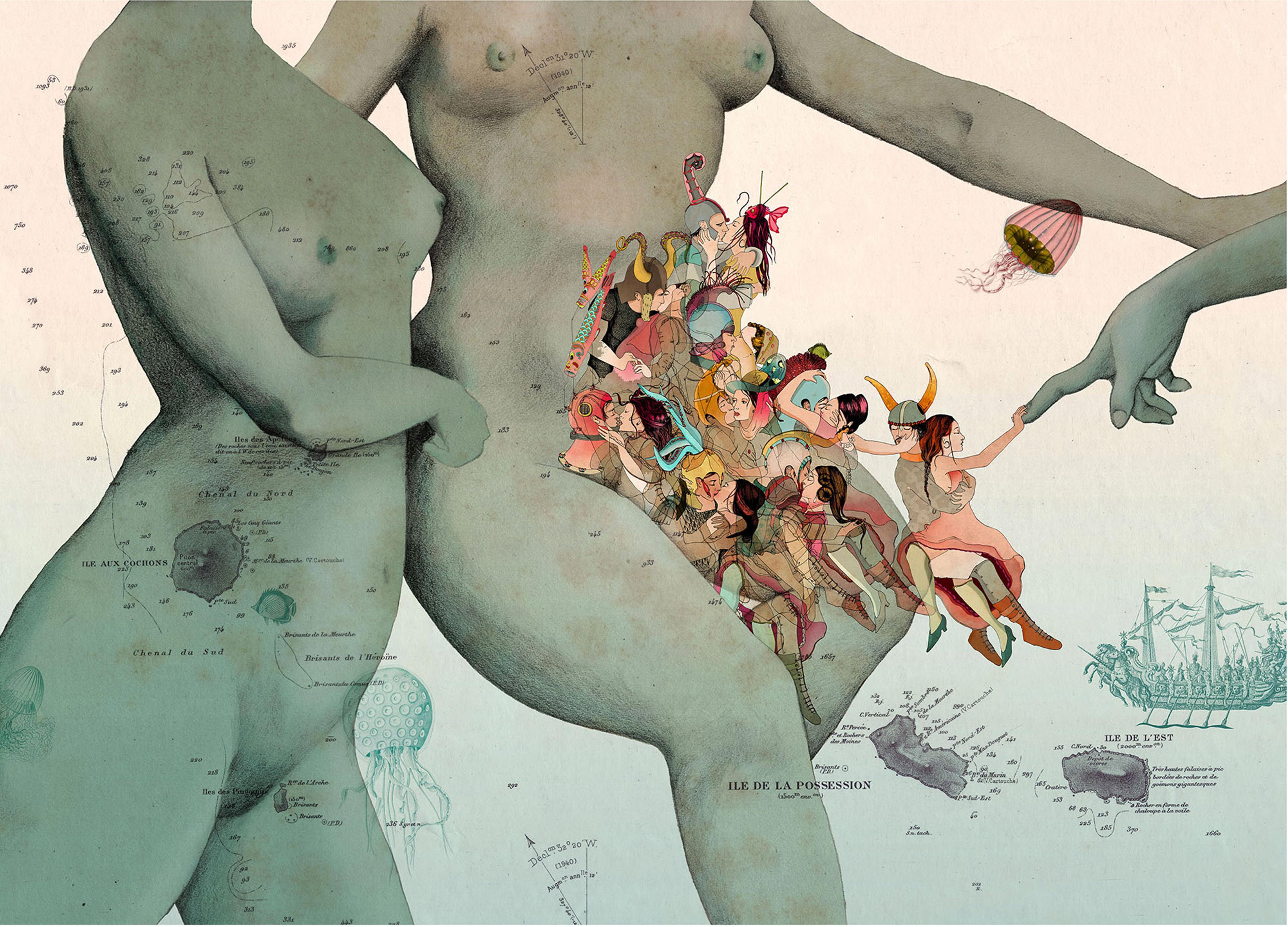Sally Davies
Senior Editor, Aeon+Psyche
Sally is a writer and editor with interests spanning science, philosophy, feminism and the arts. She was digital editor of FT Weekend and the technology and innovation correspondent for the Financial Times. Sally founded the Libreria bookshop in east London as its director, and was on the original editorial team of Nautilus Magazine.
Written by Sally Davies
Edited by Sally Davies

essayGender
Does testosterone make men?
In probing whether there are basic sex differences in humans, a psychologist and a biologist agree to seriously disagree
Cordelia Fine & Carole Hooven

essayBiography and memoir
A grief with no name
As a child, I was torn from a culture that I never knew. It is a loss that defines me, even as I struggle to define the loss
Jelena Markovic

essayIllness and disease
More than pink
The culture around breast cancer is full of positivity and femininity. But it comes at the expense of the marginalised
Philippa Hetherington
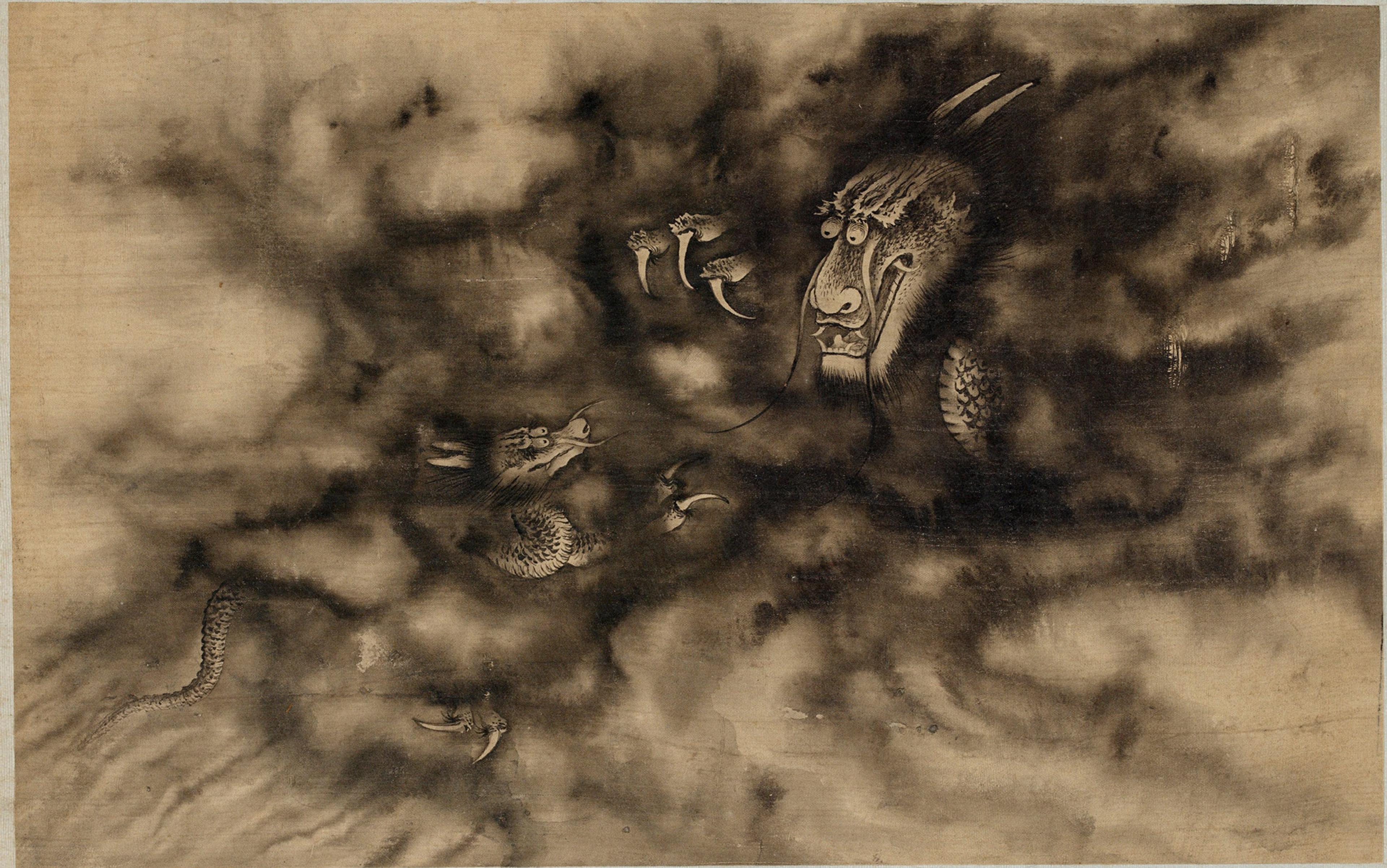
essayMetaphysics
We are interwoven beings
A dragon needs the clouds and the wind in order to fly. What happens when we too relinquish individualistic reasoning?
Mercedes Valmisa
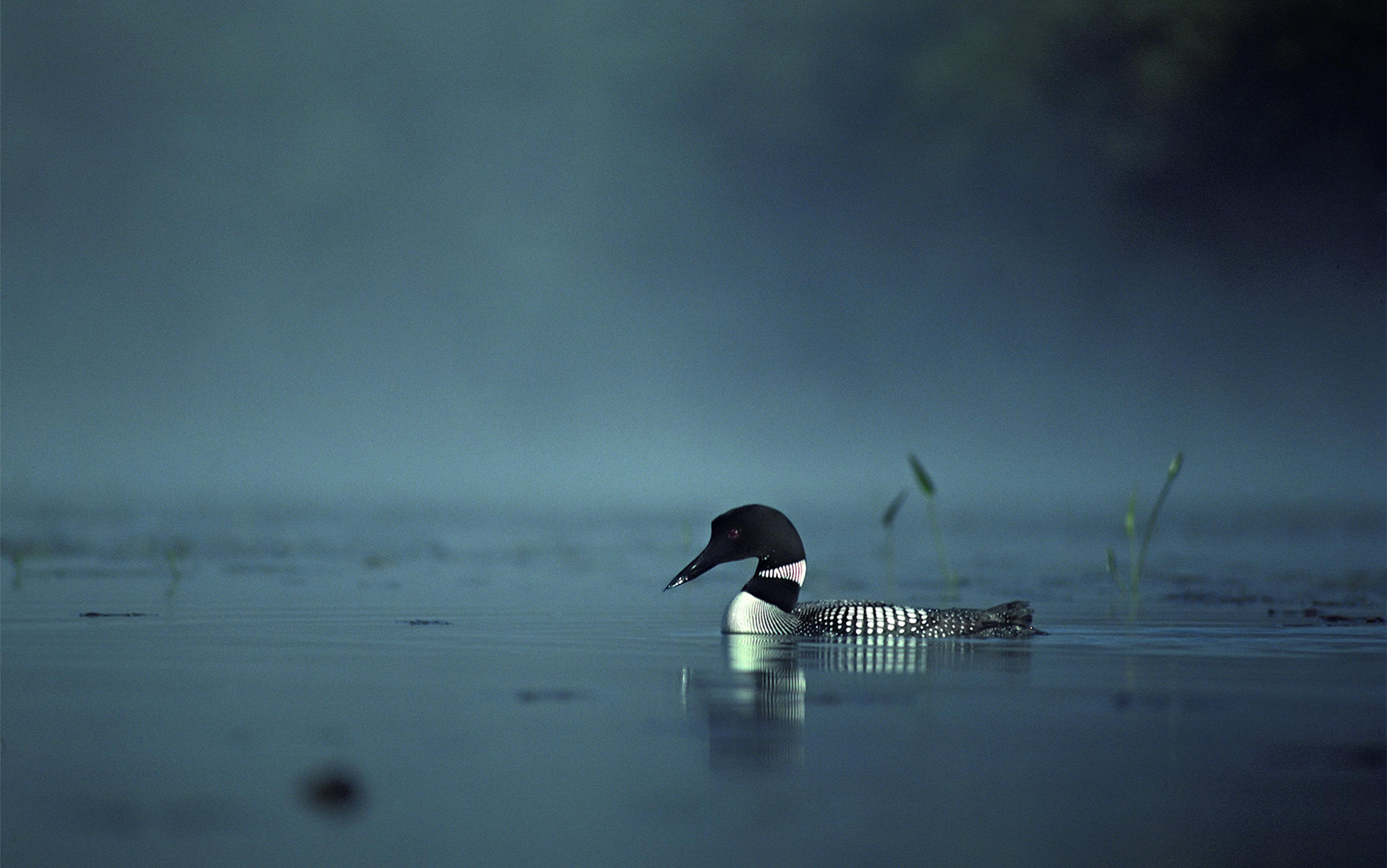
essayEvolution
Fortune favours the shrewd
Attaining and maintaining power lies at the heart of almost all animal societies. And it’s as devious as human politicking
Lee Alan Dugatkin
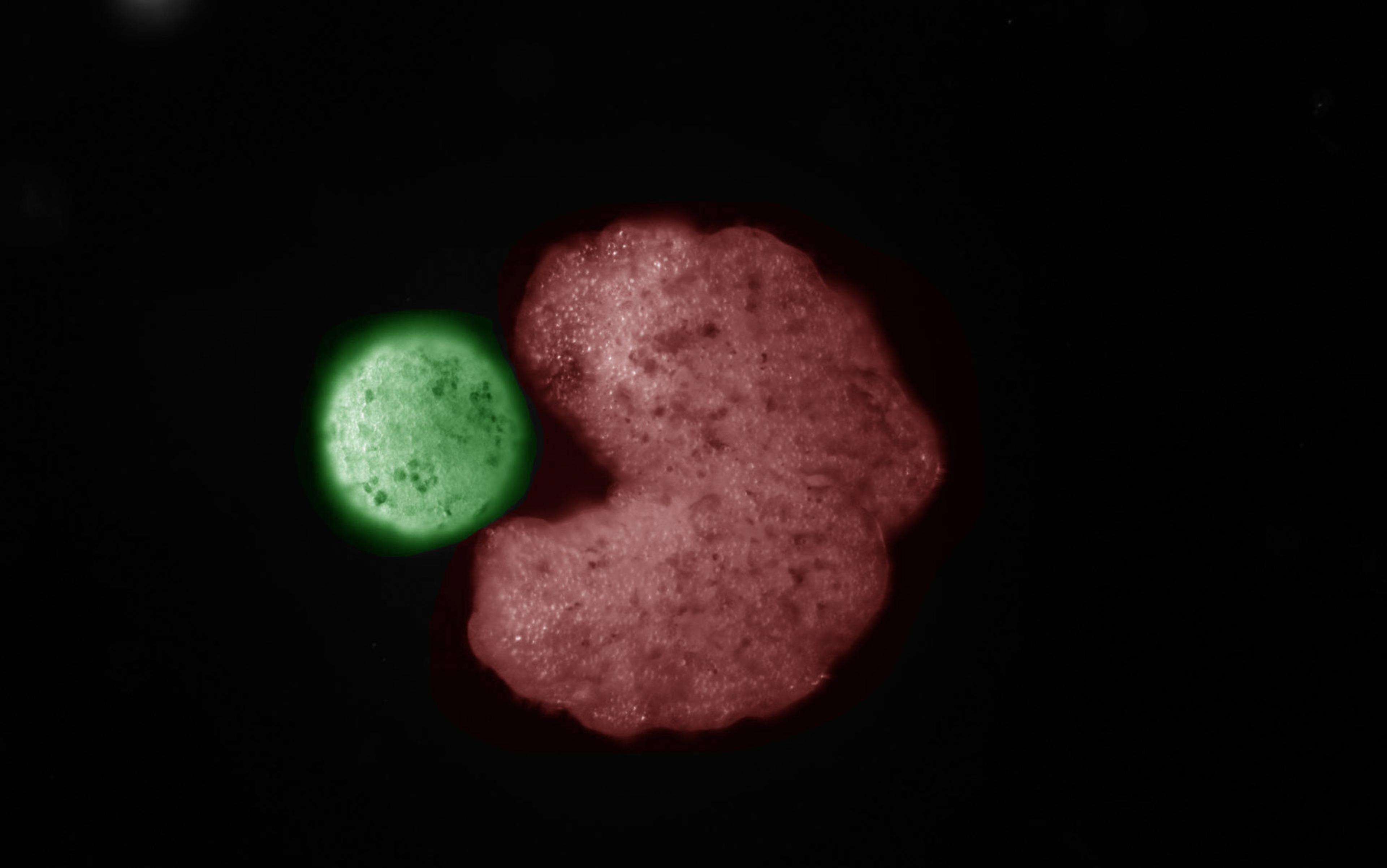
essayEvolution
What on earth is a xenobot?
The more we understand how cells produce shape and form, the more inadequate the idea of a genomic blueprint looks
Philip Ball
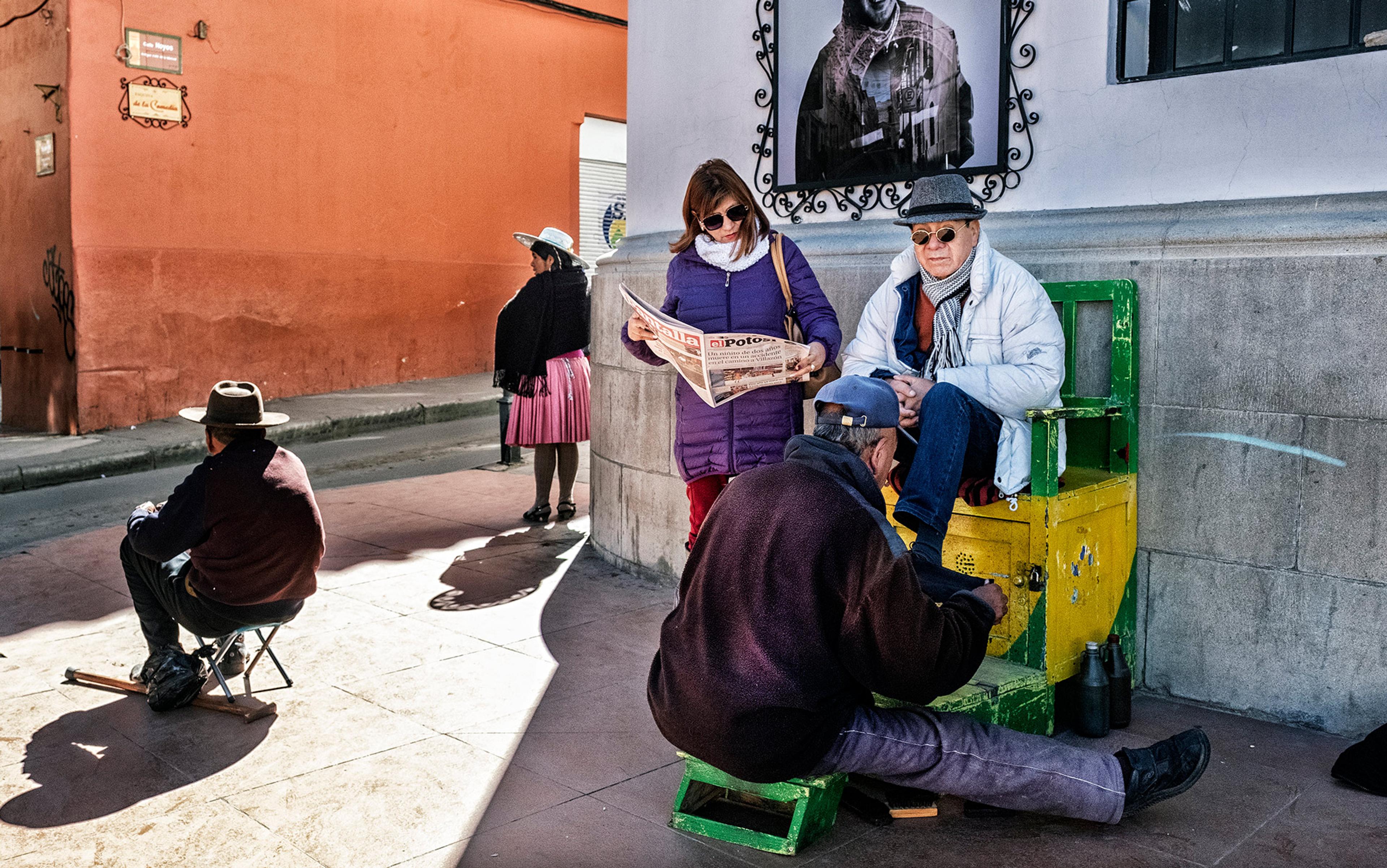
essayEthics
Through the eyes of another
It’s impossible to shed our individual biases. So the best way to establish objectivity is by taking on new perspectives
Heidi Maibom
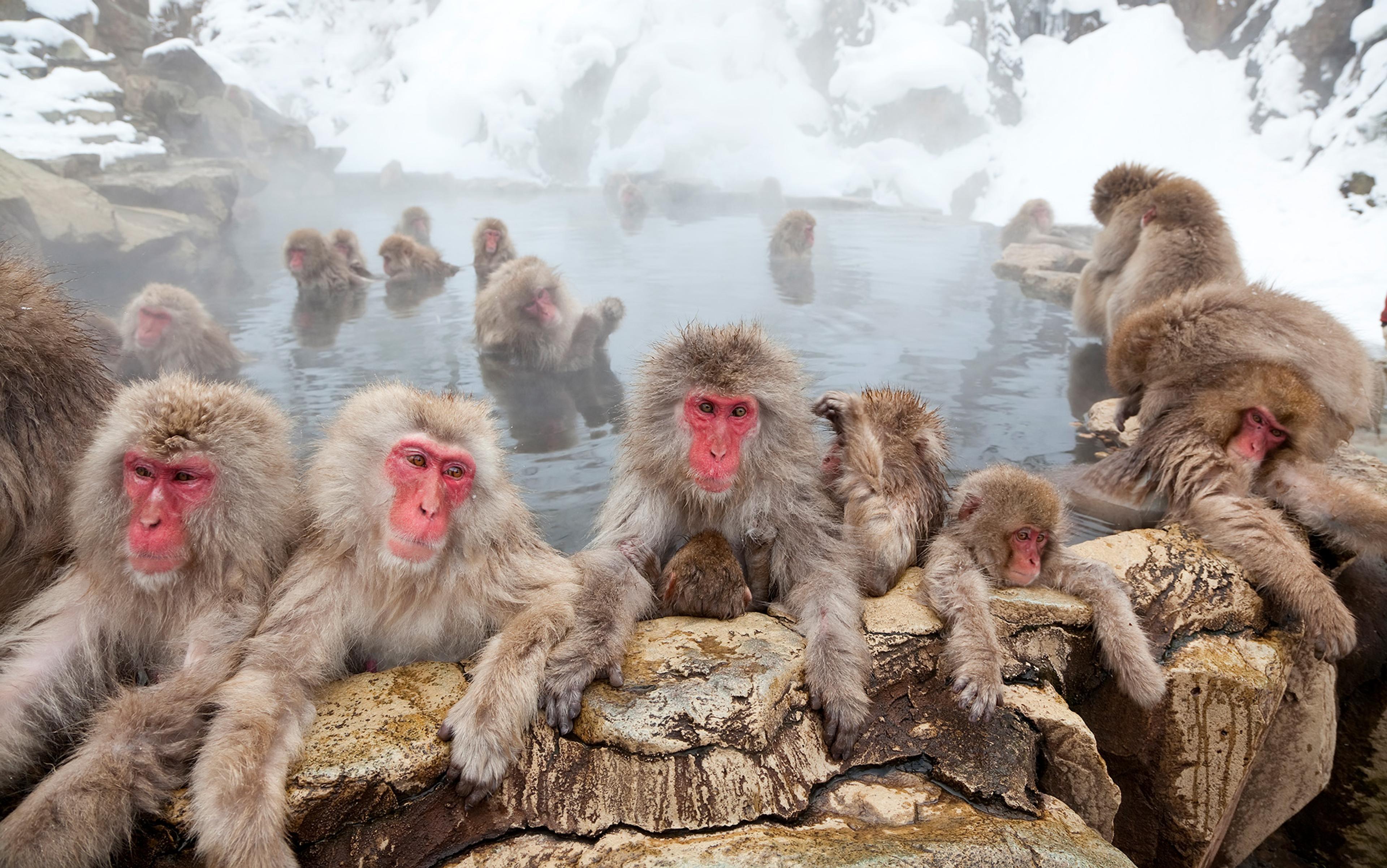
essayEvolution
Connected-up-brains
Bat friends, monkeys sharing, and humans holding hands: the brains of social animals synchronise and expand one another
Sofia Quaglia
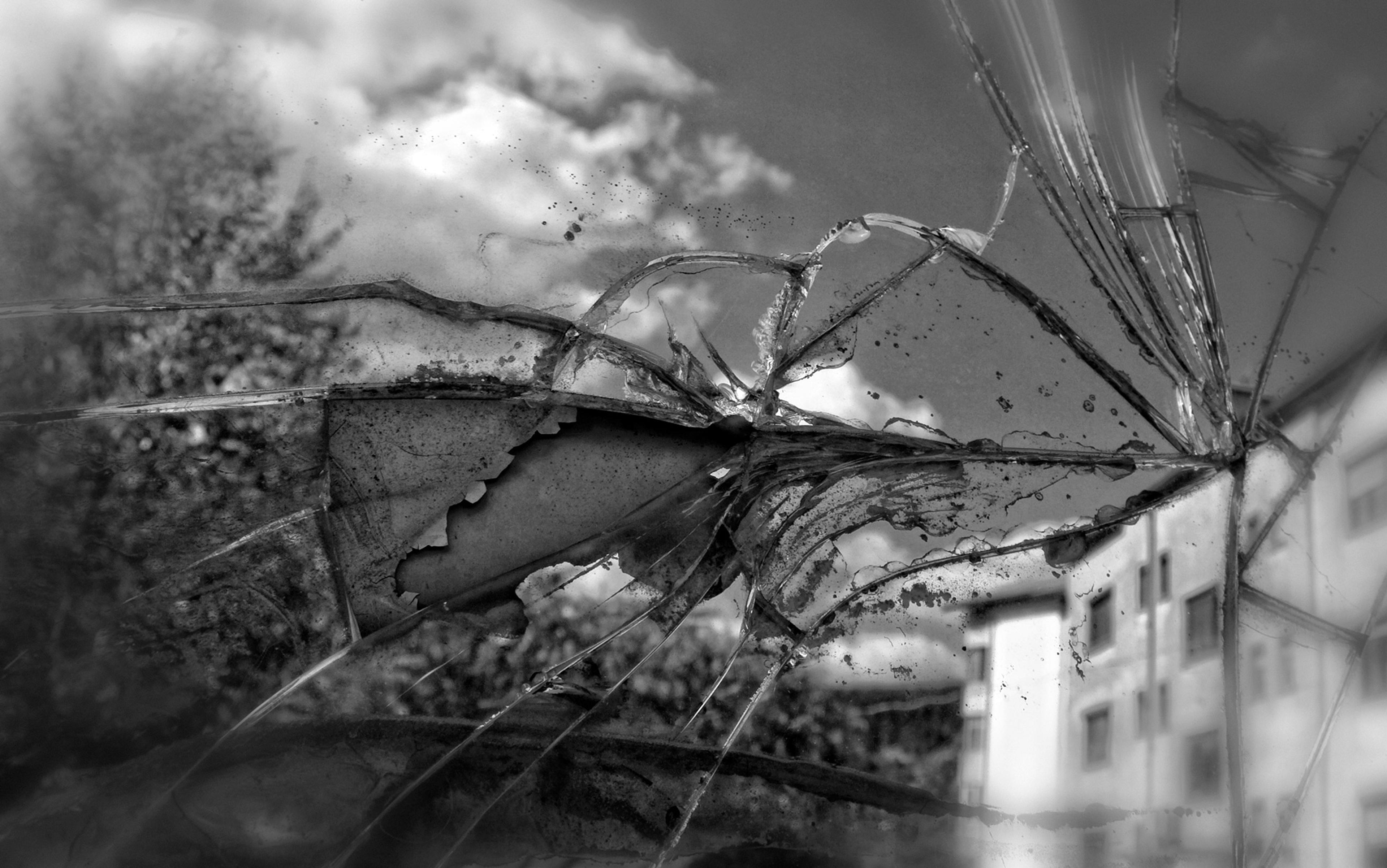
essayQuantum theory
Quantum Wittgenstein
Metaphysical debates in quantum physics don’t get at ‘truth’ – they’re nothing but a form of ritual, activity and culture
Timothy Andersen
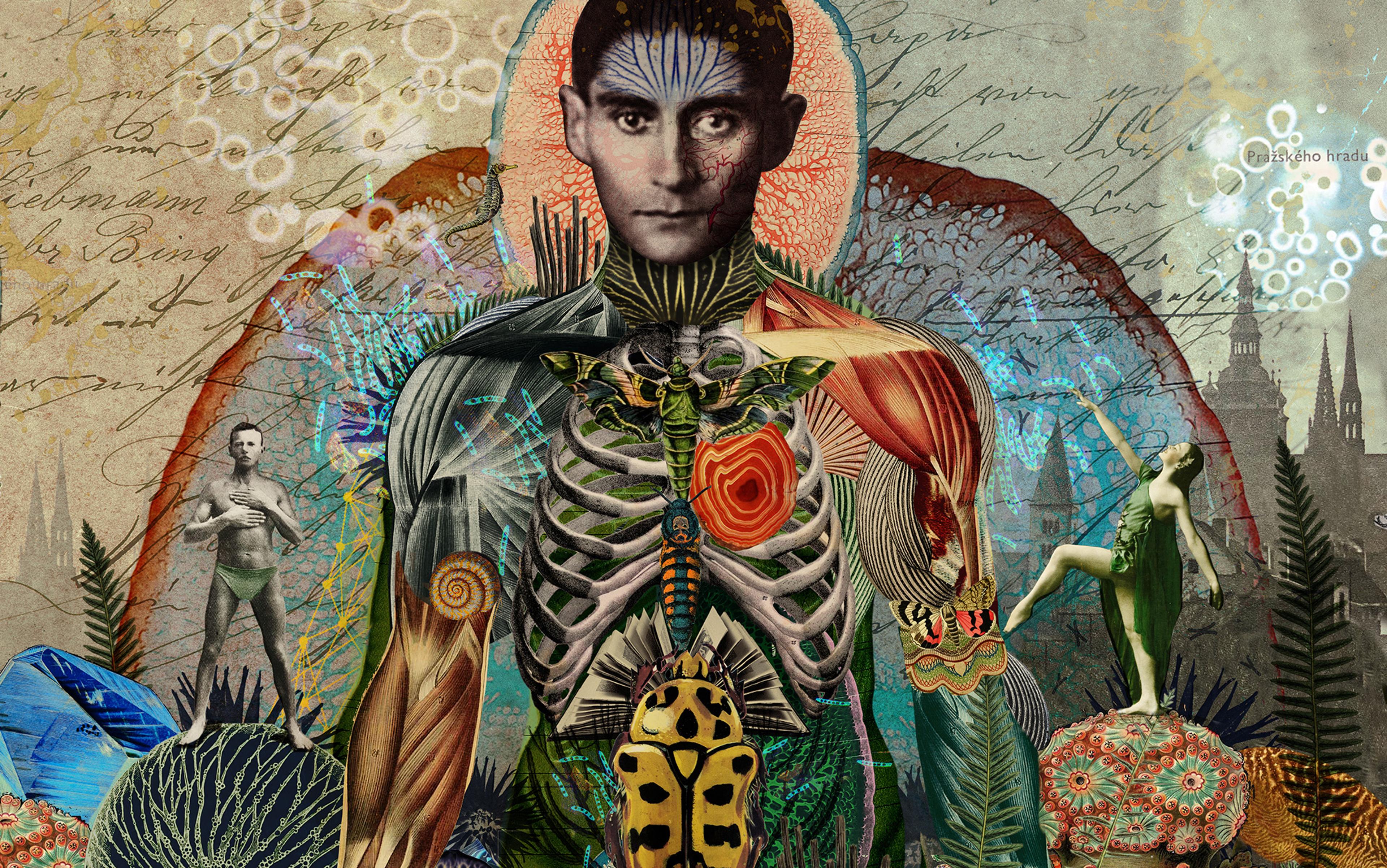
essayStories and literature
Kafka the hypochondriac
Franz Kafka believed illness was at the root of his writing yet he embraced wellness fads with hearty vigour
Will Rees
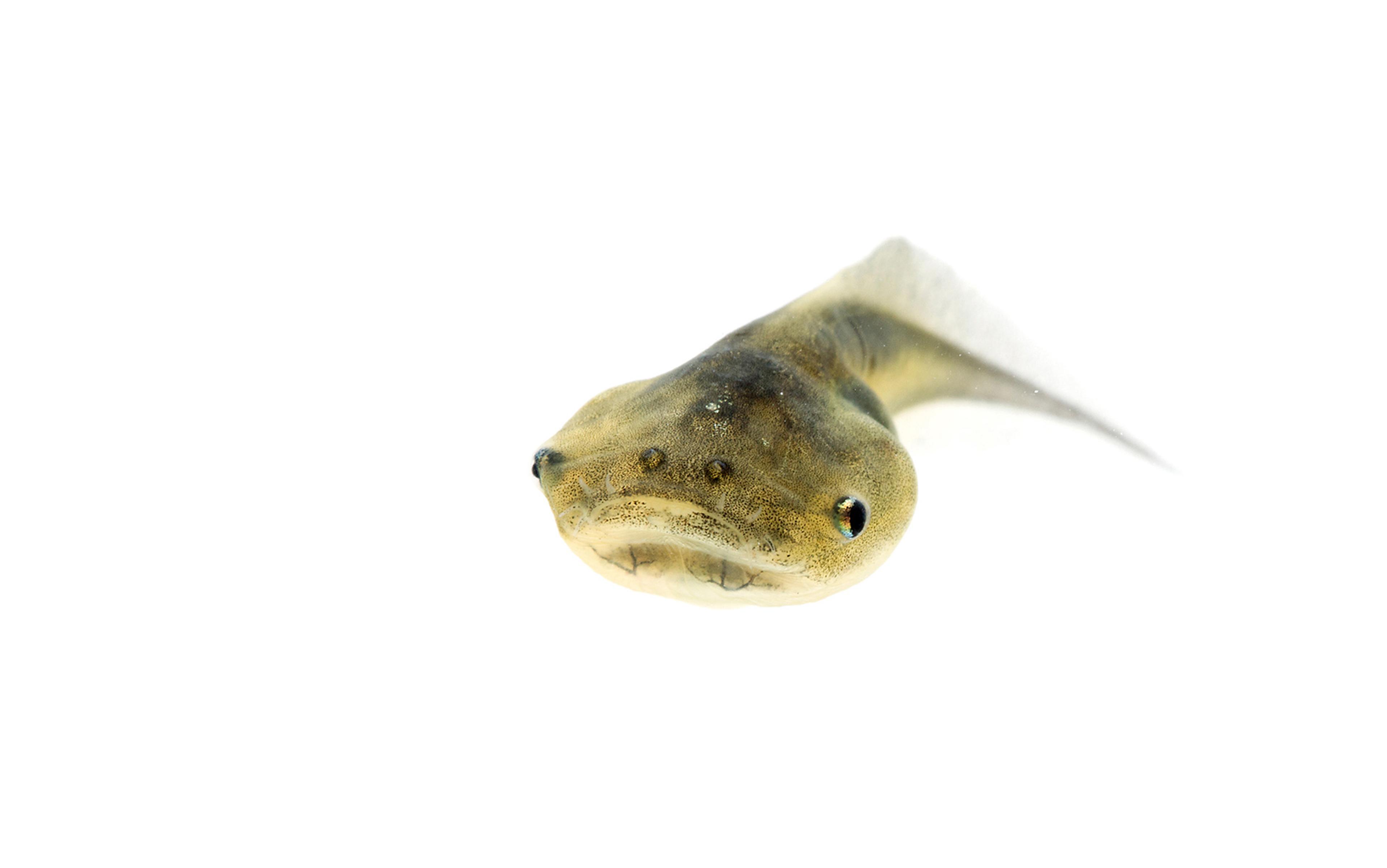
essayCognition and intelligence
Modular cognition
Powerful tricks from computer science and cybernetics show how evolution ‘hacked’ its way to intelligence from the bottom up
Michael Levin & Rafael Yuste

essayDesign and fashion
The Waste Age
Recognising that waste is central, not peripheral, to everything we design, make and do is key to transforming the future
Justin McGuirk
